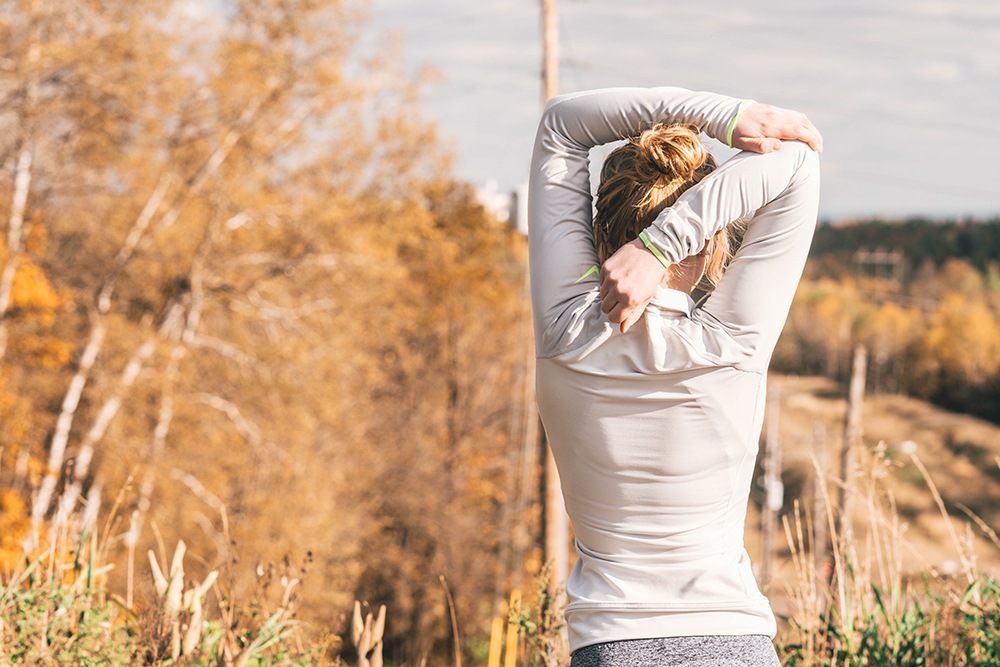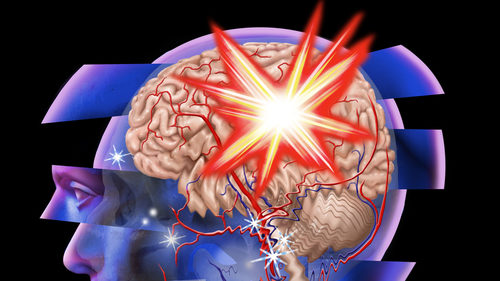When you are in the depth of addiction to alcohol or drugs, it takes a very heavy physical and mental toll on your body. During active addiction, your entire body chemistry becomes worn and it takes a beating from daily use. Once you are on the path to recovery, it will take time for your body to recover. Additionally, you may be left feeling depressed, anxious, and overall unwell. These feelings are in addition to the feelings of withdrawal that you will experience in various measures as your body recovers. The good news is that our bodies are incredibly resilient. Incorporating regular exercise, even if it is mild exercise, can help enhance your physical and mental recovery.
How to Exercise While your Body is in a State of Recovery
There are many significant benefits to incorporating mild to moderate exercise as part of your recovery regiment. However, it is important to remember that your body is in a state of physical recovery as well. Exercising doesn’t have to mean training for a marathon or becoming a bodybuilder. It should be simple and enjoyable during the early stage of your recovery. Examples of mild to moderate exercise that are highly beneficial during recovery include:
• Taking a walk and enjoying nature
• Yoga
• Doing a low-impact workout video
• Riding a bike
• Swimming
• Canoeing or kayaking
• Gardening
• Joining a league for a team sport
Benefits of Regular Exercise during Recovery
Structure
One of the most important, yet most understated, benefits of exercise during recovery is the addition to your daily structure. During active addiction, alcohol and/or drugs were likely a big part of your daily routine. Adding a positive, non-addictive activity like exercise can do wonders for your sense of life structure. It also provides you with something to accomplish each day, contributing to your self-esteem and sense of life balance.
Increased Energy Levels
Recovery leaves many people feeling tired, depressed or lethargic. Even though you are using energy during exercise, that energy is returned tenfold. Exercise increases your overall physical wellbeing, helping your energy levels rebalance to normal levels.
Stress Reduction
Stress is a major problem during recovery, especially in the first few months. If stress isn’t managed correctly and with proper outlets, it can lead to relapse or prevent overall progress during your recovery. Physical activity has been proven to release endorphins in the brain that give you a positive mindset. Exercise also improves overall blood flow, reducing stress and giving your entire body better circulation.
Better, More Restful Sleep
One of the most common issues recovering addicts deal with is trouble falling asleep or staying asleep. Many people turn to alcohol or drugs because they are unable to get the sleep they crave. After the alcohol or drugs are stopped, sleep typically doesn’t come easily. Regular exercise can help you relax naturally at night and help regulate your body’s temperature, both contributing to a higher quality of sleep.
Relapse Prevention
One of the biggest, more long-term impacts of making exercise part of your recovery routine is that is can prevent relapse with alcohol or drugs. The benefits listed above are a powerful combination of positive benefits that will help you turn to drugs or alcohol during a rough day.



